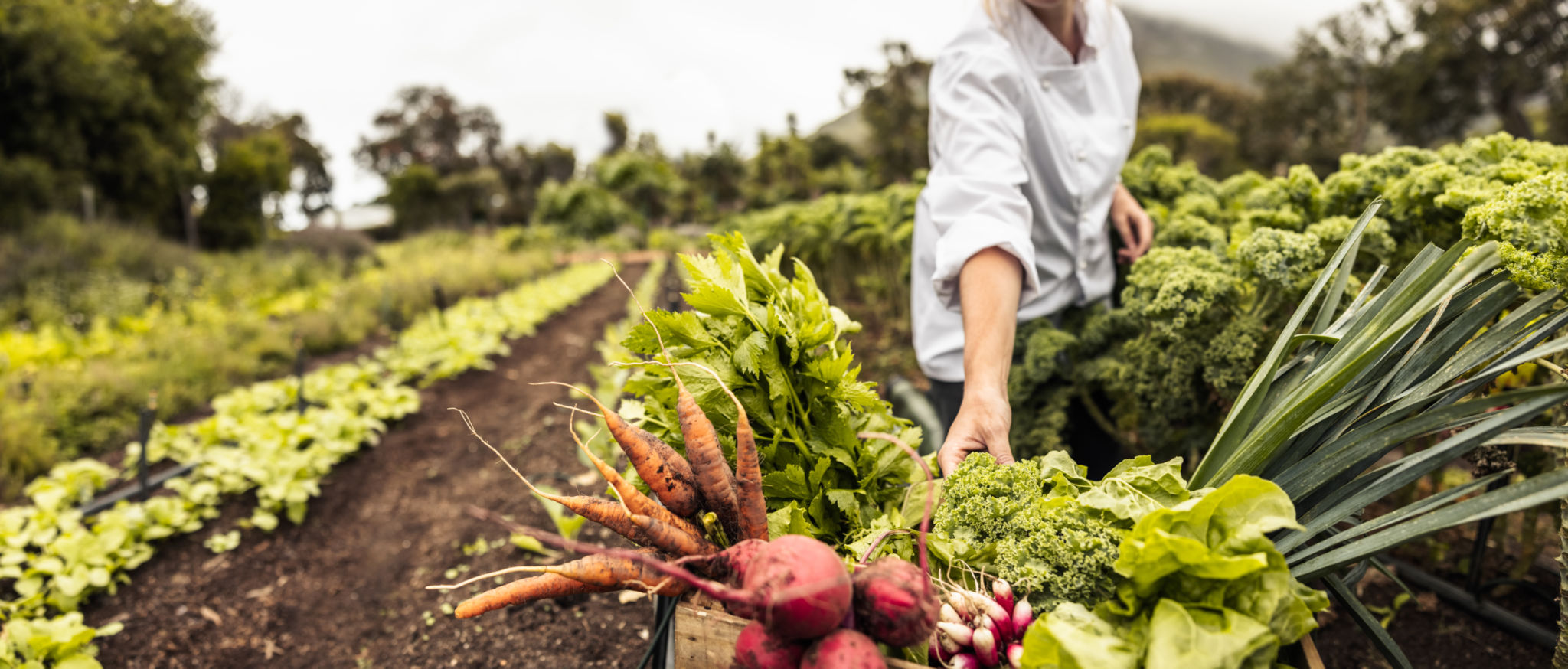Expert Insights: Common Misconceptions About Herbicides in South Africa
Understanding Herbicides: A Necessity for Farmers
In the agricultural landscape of South Africa, herbicides play an essential role in maintaining crop health and optimizing yields. However, there are numerous misconceptions surrounding their use. Dispelling these myths is crucial for farmers to make informed decisions that best support their crops and the environment.
Herbicides are designed to target and eliminate weeds, which compete with crops for nutrients, water, and sunlight. Despite their benefits, misinformation can lead to improper use or unwarranted fear. This article aims to clarify some of the most common misconceptions about herbicides in South Africa.

Myth 1: All Herbicides are Harmful to the Environment
A prevalent misconception is that all herbicides cause environmental damage. While it's true that some herbicides can have adverse effects if not used correctly, modern formulations are increasingly designed with environmental safety in mind. Many products undergo rigorous testing to ensure they meet safety standards before reaching the market.
It is crucial for farmers to follow recommended usage instructions and adhere to guidelines for application rates and timing. This ensures minimal impact on non-target plants and surrounding ecosystems, helping to maintain biodiversity and soil health.
Biodegradable Options
There is a growing range of biodegradable herbicides available that break down into harmless substances after application. These options provide effective weed control while reducing long-term environmental impact, offering a sustainable solution for conscientious farmers.

Myth 2: Herbicides are Unnecessary with Organic Farming
Another common belief is that herbicides are irrelevant if you're practicing organic farming. While organic farming emphasizes natural processes, it doesn't entirely eliminate the need for weed management. Manual weeding and mechanical cultivation are traditional methods, but they can be labor-intensive and may not be feasible on a large scale.
Some organic farms do use approved natural herbicides to manage weeds effectively. These products are derived from natural sources and comply with organic farming standards, providing a balanced approach to weed control without compromising organic principles.
The Role of Integrated Weed Management (IWM)
Integrated Weed Management (IWM) combines various control methods, including the judicious use of herbicides, to achieve effective weed control. By integrating different strategies, farmers can reduce reliance on chemical inputs while maintaining productivity and sustainability.

Myth 3: Herbicides are Always Cost-Prohibitive
Cost concerns often deter farmers from using herbicides, with a belief that they represent a significant financial burden. However, when considering the overall cost-benefit analysis, herbicides can be a cost-effective solution. They help prevent yield losses caused by weed competition, which can outweigh the initial investment in herbicide products.
Moreover, advancements in technology have led to more efficient formulations and application techniques, allowing farmers to use lower quantities of herbicide while achieving desired results. This not only reduces costs but also minimizes environmental impact.
Smart Application Techniques
Precision agriculture technology enables targeted application of herbicides, ensuring that only necessary areas are treated. This approach maximizes efficiency and reduces waste, further optimizing cost-effectiveness for farmers.

By addressing these misconceptions about herbicides, South African farmers can make more informed decisions about their use. Understanding the realities of herbicide application ensures that these tools are used effectively and responsibly, benefiting both agriculture and the environment.